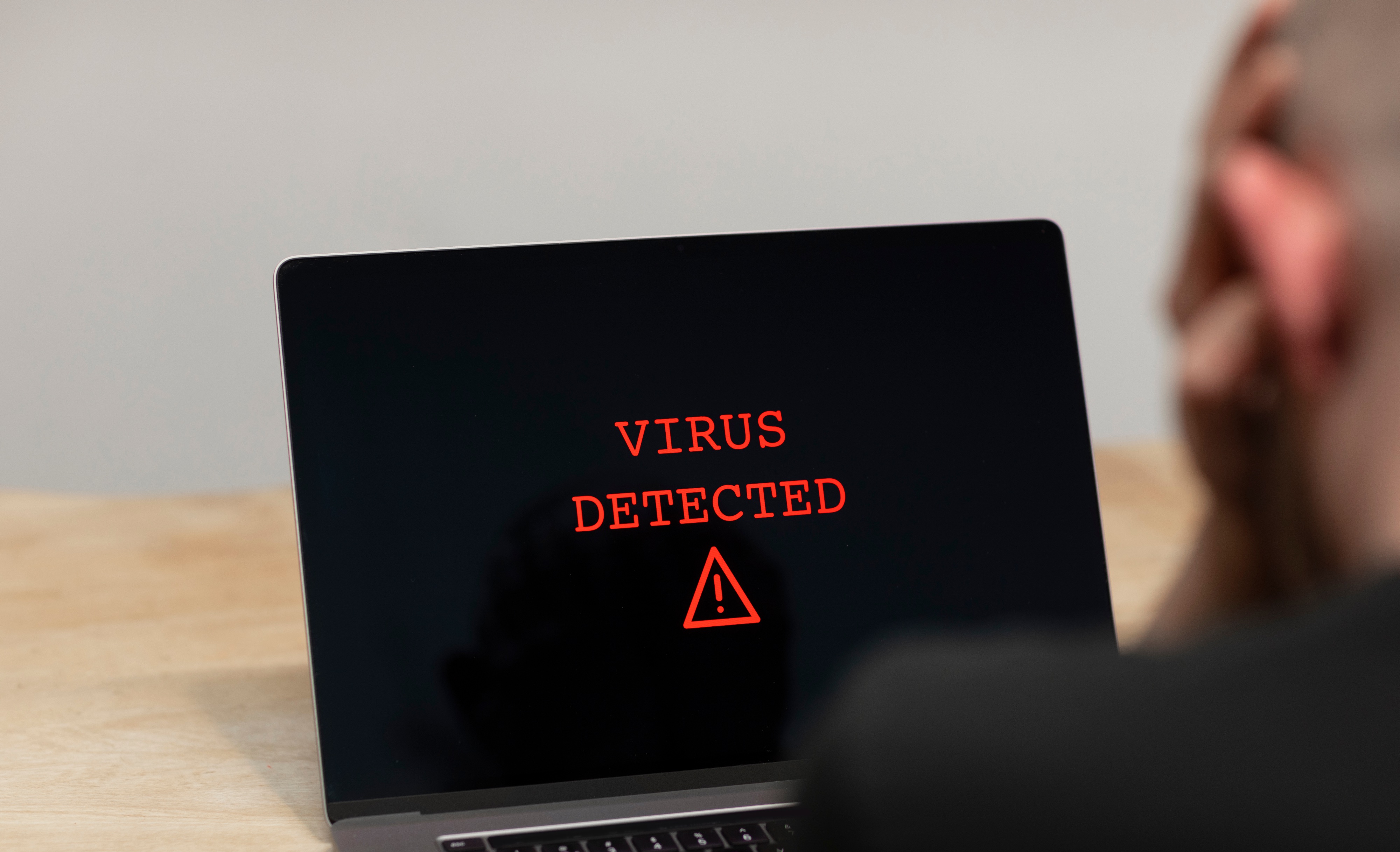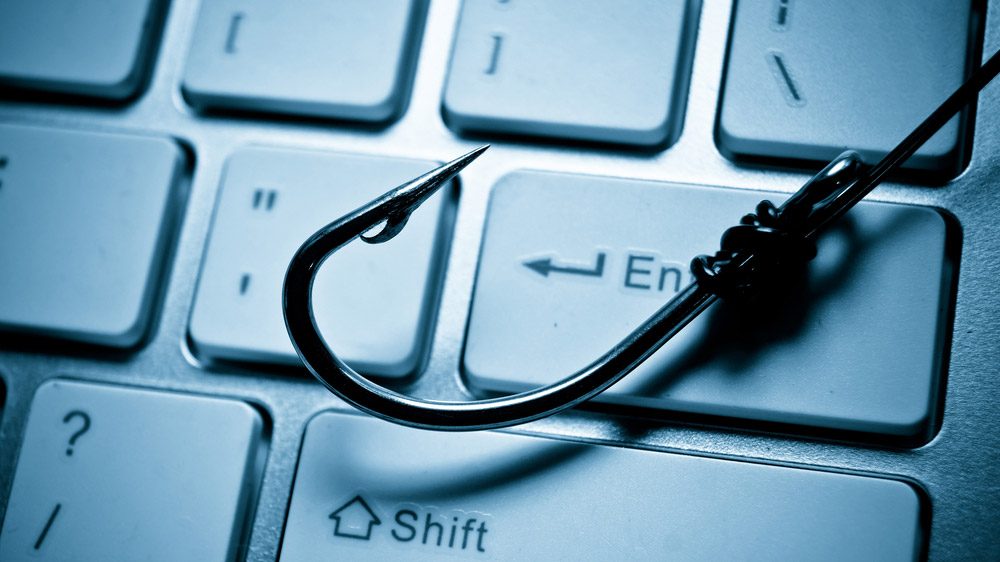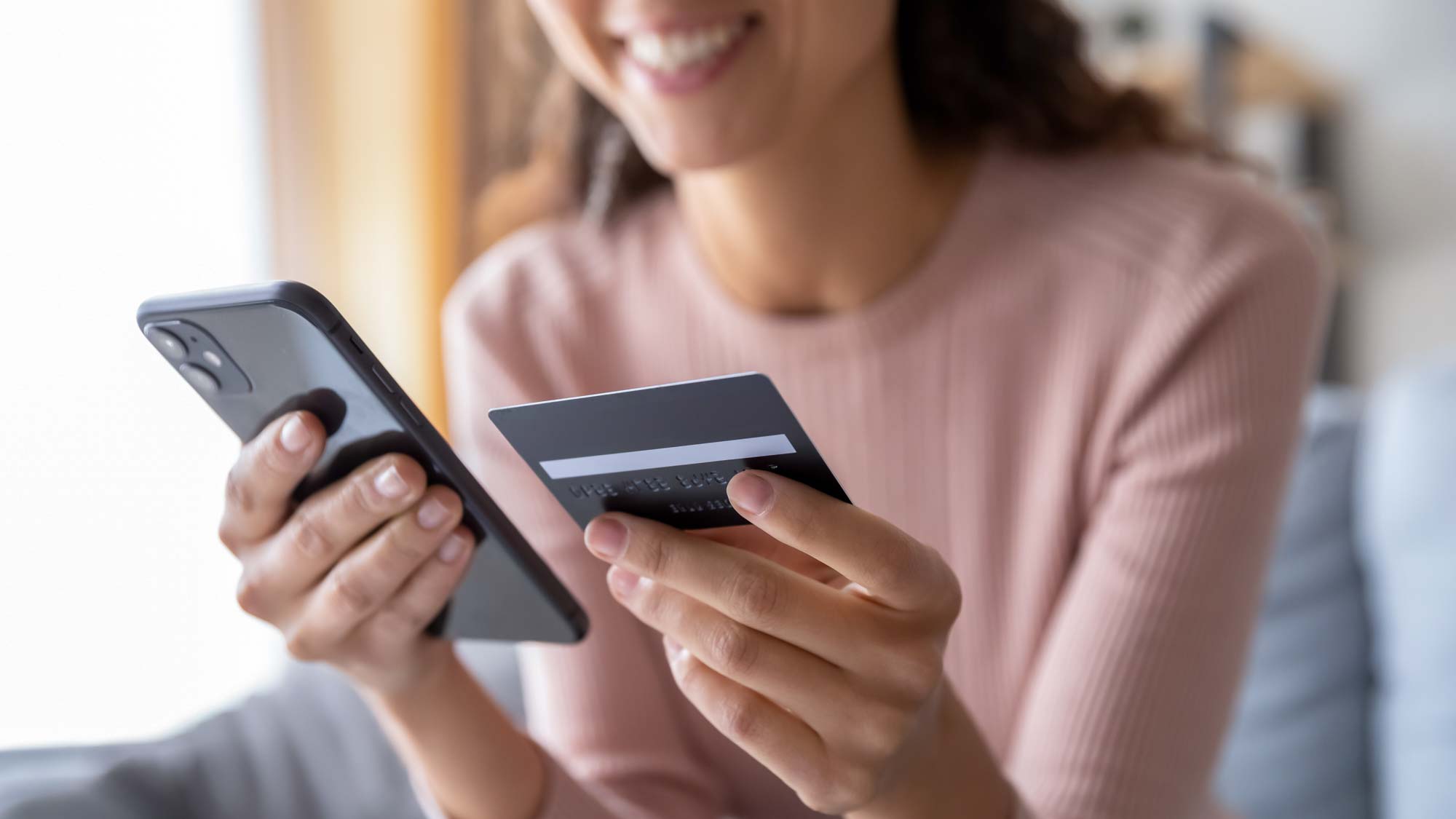5 online safety tips everyone must know

The internet has transformed our lives, offering us instant access to information from across the world, letting us talk to friends and family no matter where they are, and ushering in a new era of smart home devices that can intelligently make your life easier.
This always-online world offers many opportunities - but there are some risks as well. Unfortunately, there are malicious users out there who take advantage of the internet, putting the safety of our devices and personal information at risk.
However, we shouldn’t let the actions of virus makers and scammers prevent us from enjoying all the benefits that the internet offers - and if you follow these five online safety tips that everyone must know, you can do just that.

1. Use an antivirus application for all your devices
Our first tip might seem like a no-brainer. Don’t want viruses? Get an antivirus solution! However, no matter how obvious this advice is, it really is worth repeating. An antivirus application, such as Bitdefender Total Security, offers you complete protection against viruses.
Bitdefender Total Security works against all threats, from viruses, worms and Trojans, to ransomware, zero-day exploits, rootkits and spyware. With real-time data protection, you’ll be protected from even the newest threats as they emerge - and its cyber threat intelligence technology means it can detect suspicious activity even if the virus hasn’t been found before.
Bitdefender Total Security doesn’t just protect Windows devices, but also Macs and MacBooks, iPhones and Android smartphones and tablets as well.

2. Check you’re not being watched
Using a device with a webcam and microphone is increasingly a part of our everyday lives - especially for those of us who work from home, and need to virtually attend meetings and events.
However, you want to make sure the only people who see and hear you are those that you know and trust - and once your meeting or video call is over, you’ll want to make sure your webcam and microphone are turned off.
This can be done automatically, but it’s still worth double checking - software such as Windows 11, the Chrome web browser and macOS can display icons to show that the webcam or microphone remains on. Some webcams will also have an LED light that shows when it’s on and recording.
These are helpful, but can’t always be relied on - especially if malicious hackers gain access to your webcam or microphone.
Some webcams and microphones will have physical switches and covers to turn them off, which is helpful. You can also use tools such as the Microphone Monitor and Webcam Protection features of Bitdefender Total Security, which will help protect your privacy by notifying you when your device is accessed by apps.

3. Don’t get Phished
Online scams are geting increasingly sophisticated, and one of the most common form of these are known as phishing attacks. This is when a fake website (or email) pretends to be associated with a trustworthy company, such as an online store or bank. The aim is to trick people into providing information such as usernames and passwords, or credit card details, by looking and sounding official.
A lot of effort can go into making these phishing scams look legitimate, which can make it difficult for users to tell the difference between an official website or email, and a phishing one.
If there’s any doubt, you should contact the official organisation to see if the website or email is real. Also, bear in mind that banks, for example, will never ask for your username, password or credit card details via email.
To make things easier, use the anti-phishing tools built into Bitdefender Total Security to block fake websites and protect you from being a victim.

4. Bank safely
Speaking of banks, many of us use the internet now to check our bank accounts, transfer money and more. It’s quick and convenient, but because you’re accessing your highly sensitive private financial information, you need to make sure you’re doing so safely and securely.
For a start, never use an open wireless internet hotspot, such as those found in public places like cafes, when online banking. You never know what sort of security measures are in place - if any - and that could leave your private information dangerously exposed.
Instead, use a VPN (Virtual Private Network), which helps obscure your data from malicious users. Bitdefender Total Security comes with a built-in VPN that offers up to 200 MB per day of encrypted traffic.
For even more security, Bitdefender Total Security also comes with a dedicated web browser that can be used to securely process transactions, and with Bitdefender Safepay, you can easily fill out your credit card information automatically - and it’s all kept completely confidential and secure.

5. Be careful on social media
Social media such as Facebook, Instagram and X (formerly Twitter), are great ways to keep in contact with friends, family and colleagues, but they also come with risks. You should always be careful about what you share on social media - especially if your profile is public.
Posting about going on holiday may be a great way to make everyone jealous - but it could also highlight that your home will be empty.
Scammers and hackers also target social media users with malicious links that can allow them to access accounts, so be careful about what you click on. With Bitdefender Total Security’s Social Network Protection, you can stay protected from those dangerous links and scams that are posted by your contacts.
Get instant access to breaking news, the hottest reviews, great deals and helpful tips.
